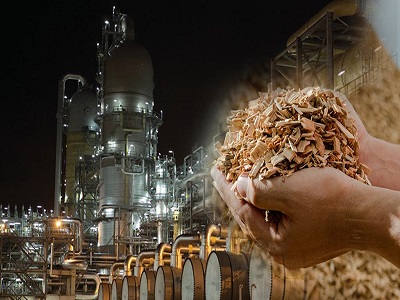Natural gas prices play a crucial role in the global energy landscape, influencing both economic and environmental factors. The volatility of natural gas prices is driven by a combination of supply and demand dynamics, geopolitical events, and market sentiment. Investors, businesses, and consumers closely monitor these fluctuations as they impact various sectors, from manufacturing to household utilities.
Supply and demand are the primary drivers of natural gas prices. When demand surpasses supply, prices tend to rise, and vice versa. Factors such as weather conditions, economic growth, and industrial activities heavily influence demand. For instance, cold weather increases the need for natural gas in heating, while economic expansions boost industrial production, leading to higher consumption. Conversely, periods of economic downturn or warmer weather can result in decreased demand, causing prices to decline.
Geopolitical events also play a significant role in shaping natural gas prices. Tensions in major natural gas-producing regions, such as the Middle East or Russia, can disrupt supply chains and lead to price spikes. Conversely, geopolitical stability and increased production can contribute to lower prices. The global nature of the natural gas market makes it susceptible to geopolitical shifts, making it imperative for market participants to stay informed about international developments.
Market sentiment and speculation further contribute to the volatility of natural gas prices. Traders, investors, and speculators can drive price movements based on their perceptions of future supply and demand dynamics. Additionally, the influence of financial instruments, such as futures contracts, can magnify price fluctuations. Understanding and predicting market sentiment is a challenging aspect of navigating the natural gas market, requiring a combination of technical analysis, fundamental indicators, and awareness of broader economic trends.
Get Real Time Prices of Natural Gas: https://www.chemanalyst.com/Pricing-data/natural-gas-1339
Environmental factors also impact natural gas prices, particularly as the world shifts towards cleaner energy sources. Natural gas is often seen as a transitional fuel due to its lower carbon emissions compared to coal and oil. Policies promoting renewable energy and addressing climate change can influence the demand for natural gas. For instance, increased focus on renewable energy sources may lead to reduced reliance on natural gas, affecting its prices in the long term.
In recent years, the global energy landscape has witnessed a growing emphasis on sustainability and environmental responsibility. This shift has prompted increased scrutiny on the environmental impact of natural gas extraction and production processes, influencing regulatory measures and industry practices. As these factors evolve, they can contribute to shifts in natural gas prices and market dynamics.
In conclusion, natural gas prices are subject to a complex interplay of factors, including supply and demand dynamics, geopolitical events, market sentiment, and environmental considerations. Businesses, investors, and consumers need to stay informed about these factors to make informed decisions and navigate the ever-changing landscape of the natural gas market. The ongoing transition to cleaner energy sources and the global commitment to environmental sustainability add an additional layer of complexity to the dynamics influencing natural gas prices, making it essential for stakeholders to adapt to emerging trends and challenges in the energy sector.
Contact Us:
ChemAnalyst
GmbH – S-01, 2.floor, Subbelrather Straße,
15a Cologne, 50823, Germany
Call: +49-221-6505-8833
Email: sales@chemanalyst.com
Website: https://www.chemanalyst.com
